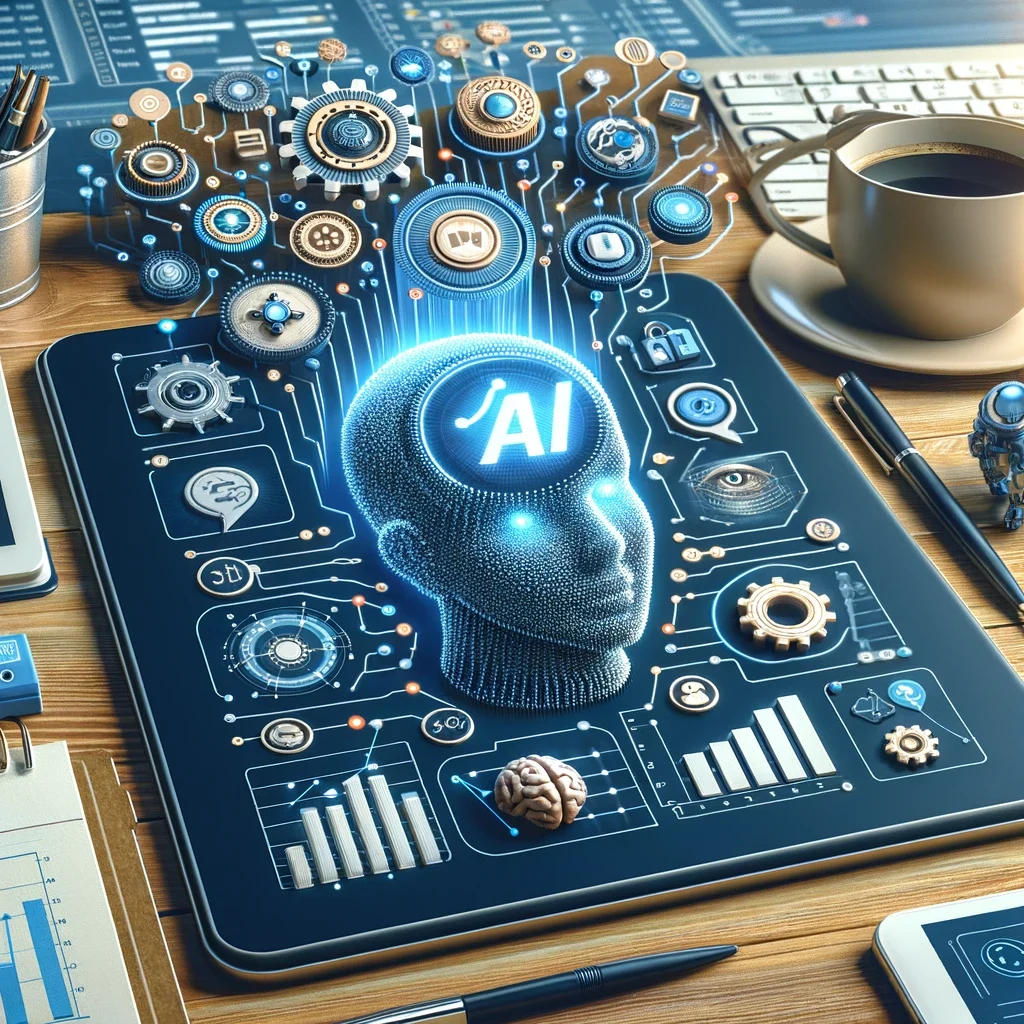Theologian, ethicist, and Franciscan friar Father Paolo Benanti is at the forefront of a rapidly developing field in the heart of Rome: the ethical implications of artificial intelligence (AI). Father Benanti serves in two capacities as an advisor to the Italian government and the Vatican. His primary responsibility is to address the ethical challenges that arise from the swift advancement of technology.
Father Benanti’s expertise is sought after by both religious and secular authorities. As an ethics professor at the Gregorian University, sometimes referred to as the “Harvard of Rome’s pontifical universities,” he shares his knowledge on digital technology issues, moral theology, and ethics. He also advises Pope Francis and advocates an international agreement to guarantee the moral advancement and application of AI.
A call for ethical governance in the AI era
Father Benanti stressed the necessity for global governance in the face of the AI revolution at the recent Rome Call conference, which was organized by a consortium that included the Vatican, the Italian government, Silicon Valley, and the United Nations. He issued a warning about the potential for unregulated technological growth to lead to social collapse and rising inequality. As they considered the effects of AI on society, guests, including legislators and ambassadors, found his message insightful.
Central to Father Benanti’s work is protecting the vulnerable and promoting human dignity in the age of AI. He shares Pope Francis’ concerns about AI algorithms determining crucial aspects of human life, such as asylum decisions or access to financial services. Father Benanti advocates for ethical guidelines and regulations to ensure that AI technologies uphold human values and not exacerbate existing inequalities.
Collaboration with tech giants and government officials
Father Benanti’s influence extends beyond academic circles. He has facilitated meetings between Pope Francis and tech leaders like Microsoft’s president, Brad Smith, to discuss AI ethics. His collaboration with government officials, including Italian Prime Minister Giorgia Meloni, highlights the intersection of technology, governance, and morality. Together, they seek to navigate AI’s ethical challenges while harnessing its potential benefits for society.
Benanti’s advocacy extends beyond theoretical discussions, as he actively participates in governmental commissions and international initiatives to shape AI policy and regulation.
As technological innovation accelerates, Benanti remains steadfast in promoting ethical AI development. He envisions a future where AI technologies are harnessed for the greater good, enhancing human flourishing and fostering social cohesion. However, he also acknowledges the potential risks and challenges associated with unchecked AI proliferation, advocating for proactive measures to mitigate these risks and safeguard human welfare.





